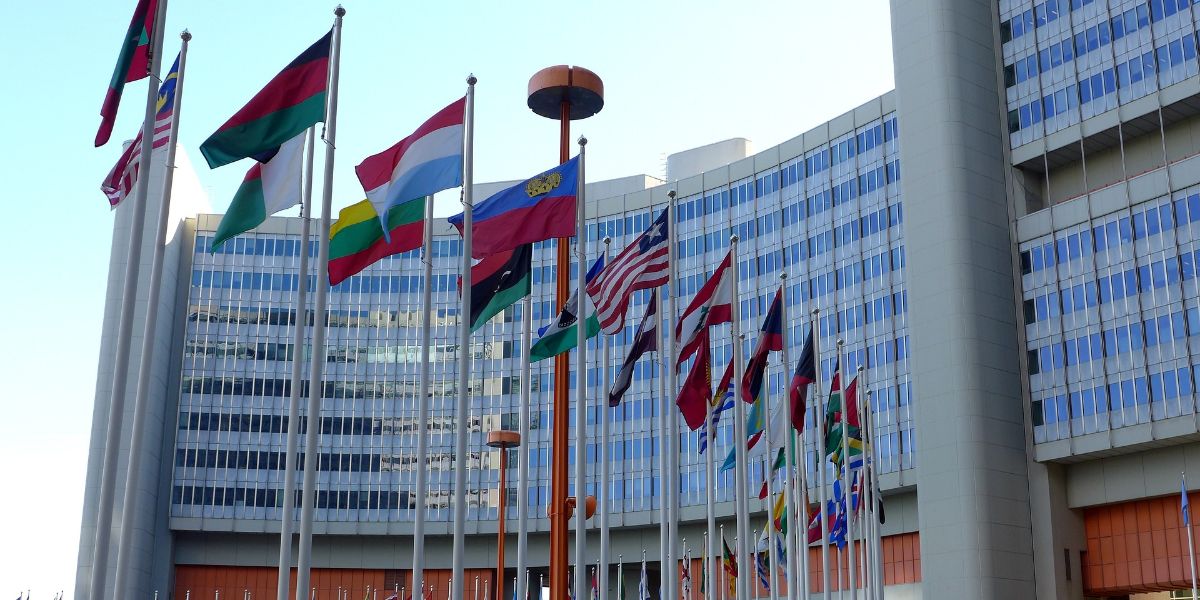The UNCTAD publication Economic Development in Africa Report 2020: Tackling Illicit Financial Flows for Sustainable Development in Africa was published in July 2021. The UNCTAD report argues that tackling illicit financial flows is an important part of domestic resource mobilization. The report notes that illicit financial flows have caused Africa to lose at least USD 220 billion linked to the export of extractive resources in the past decade, compared to USD 40 billion in 2000–2009. The report looks at illicit financial flows resulting from the export of extractive resources from Africa, considers methodologies to measure them and looks at how they relate to the new conceptual framework for the statistical measurement of illicit financial flows which has been developed as part of the effort to achieve the Sustainable Development Goals. The report notes that there are opportunities to restrict illicit financial flows by the use of improved methodologies for customs fraud detection and by improving resource governance in relation to metals that are expected to be in demand for the battery-storage technology needed for a low-carbon economy.
Illicit financial flows are described as cross-border financial flows that are illicit in origin, transfer or use. The largest element in illicit financial flows in Africa is linked to the export of extractive resources. A new conceptual framework has been devised to classify illicit financial flows by the activities that give rise to them. These include criminal activities arising from illegal markets; corruption; exploitation and the financing of terrorism. They also include illicit commercial practices such as tax evasion using trade mis-invoicing and profit shifting to low tax jurisdictions. The illicit trade relating to extractive resources has wider effects because of the effect on peace and security which can hold back development in countries affected by conflict.
The report suggests that governments should ensure increased transparency of resource contracts and they could join the Extractive Industries Transparency Initiative. Improved detection of customs fraud using price filter methods could improve the ability to identify and recover illicit financial flows from the export of extractive resources. Improved measurement of illicit financial flows could support effective policies. Cooperation on tax-related and commercial illicit financial flows could be enhanced through automated exchanges of information. The Africa Mining Vision could be revived, as this focuses on resource governance and looks at the role of resources in long-term development; and could also help Africa to use its market power in the international commodity markets. The international community should make efforts to develop enhanced standards and methods for measuring illicit financial flows in an internationally comparable manner, using the output of the UNCTAD and United Nations Office on Drugs and Crime task force. The international community should also strengthen transparency; ensure adequate reporting of illicit financial flows; and ensure there is multilateral dialogue on harmful tax competition.













